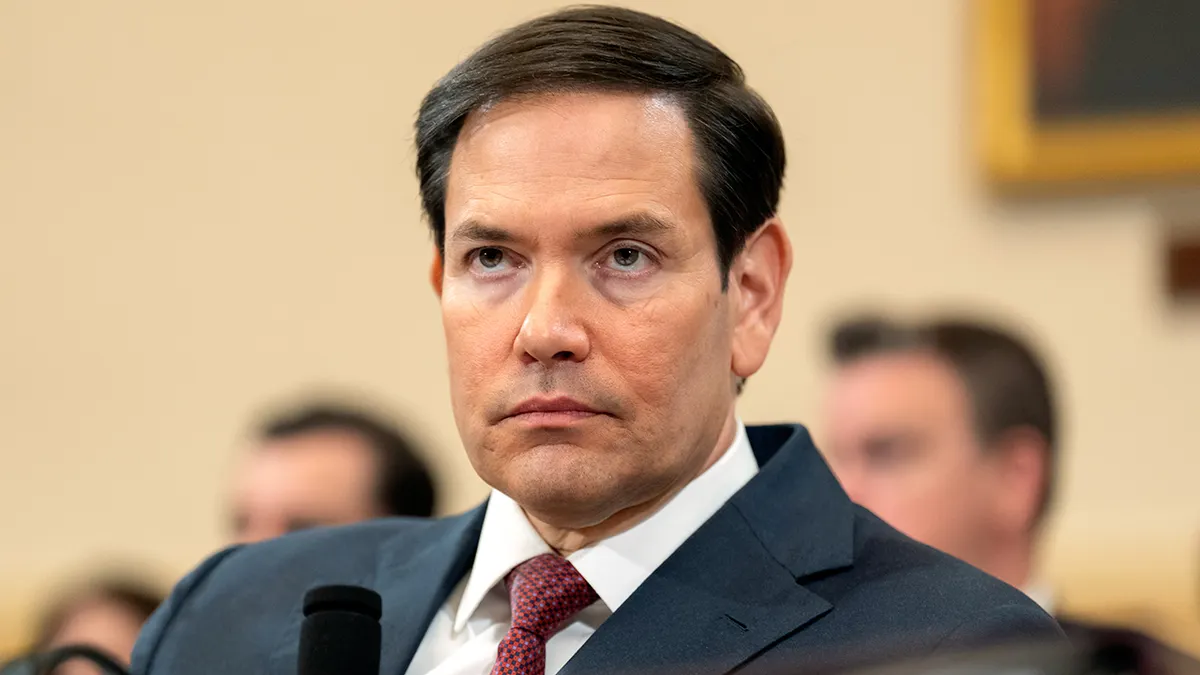Senator Marco Rubio is once again making headlines—this time for taking a hardline stance on international diplomacy. The Florida Republican has threatened to block visas for foreign officials from countries he says are complicit in human rights violations or are openly defying U.S. sanctions. The move is part of a broader strategy to pressure foreign governments through more aggressive legislative action.
What Prompted the Threat?
Rubio’s visa-blocking threat comes amid rising tensions with several governments accused of corruption, political repression, or support for adversarial regimes. In recent statements, Rubio criticized what he sees as a failure of the Biden administration to enforce existing sanctions and visa restrictions effectively.
He pointed to specific examples, such as high-level officials from authoritarian regimes being allowed to travel freely to the United States despite their governments’ poor human rights records.
The Legal and Political Tools at Play
Rubio isn’t just posturing. As a senior member of the Senate Foreign Relations Committee, he has access to legislative tools that could tighten visa policies. His proposed action falls under the Global Magnitsky Human Rights Accountability Act, which allows the U.S. to impose travel bans and asset freezes on foreign individuals involved in significant human rights abuses or corruption.
By threatening to block visas for foreign officials, Rubio aims to increase the pressure on regimes that are otherwise unresponsive to diplomatic dialogue.
Which Countries Could Be Affected?
While Rubio hasn’t published a definitive list, his previous comments suggest the focus will likely fall on officials from countries like China, Cuba, Venezuela, and Iran. These nations have long been in Rubio’s crosshairs for their human rights records and antagonistic stances toward the United States.
In particular, he has expressed concern over Chinese Communist Party officials allegedly involved in the repression of Uyghur Muslims, and Venezuelan leaders connected to the Maduro regime.
A Political Strategy or Genuine Policy?
Critics argue that Rubio’s threats could further complicate diplomatic relationships. Some see the move as political theater, aimed at reinforcing Rubio’s image as a tough-on-foreign-policy lawmaker. Supporters, however, argue that tightening visa access is a valid and overdue response to regimes that flout international norms.
Regardless of the motivation, the threat to block visas for foreign officials is gaining traction—and drawing global attention.
What Happens Next?
For now, Rubio’s proposal is in the early stages. Whether or not it becomes law depends on bipartisan support and potential executive action. But if implemented, it would signal a more confrontational U.S. approach to foreign officials who benefit from global travel while escaping accountability at home.
As international tensions evolve, Rubio’s threat to block visas for foreign officials could either act as a warning shot—or become a defining feature of U.S. foreign policy under increased Congressional influence.



